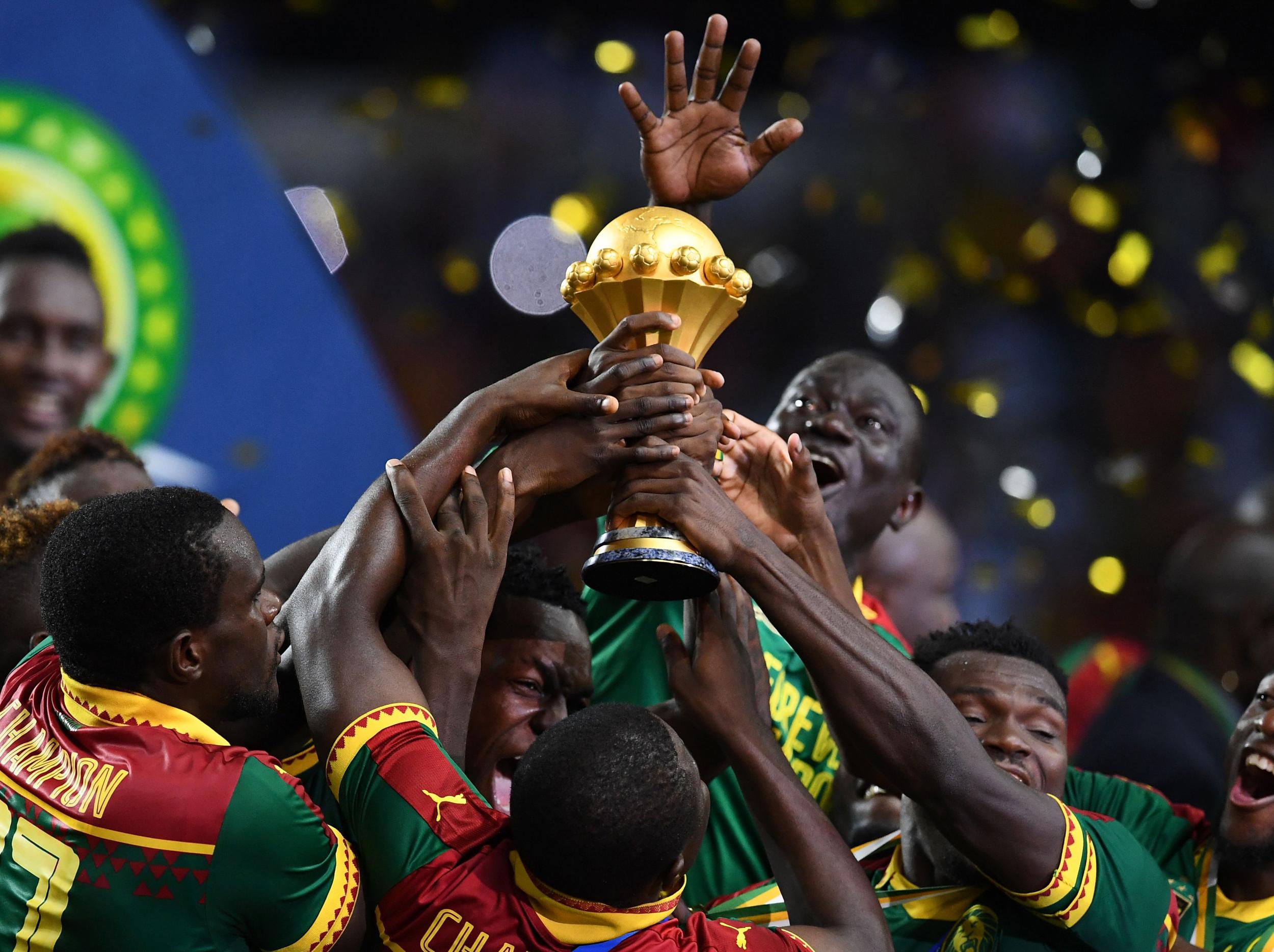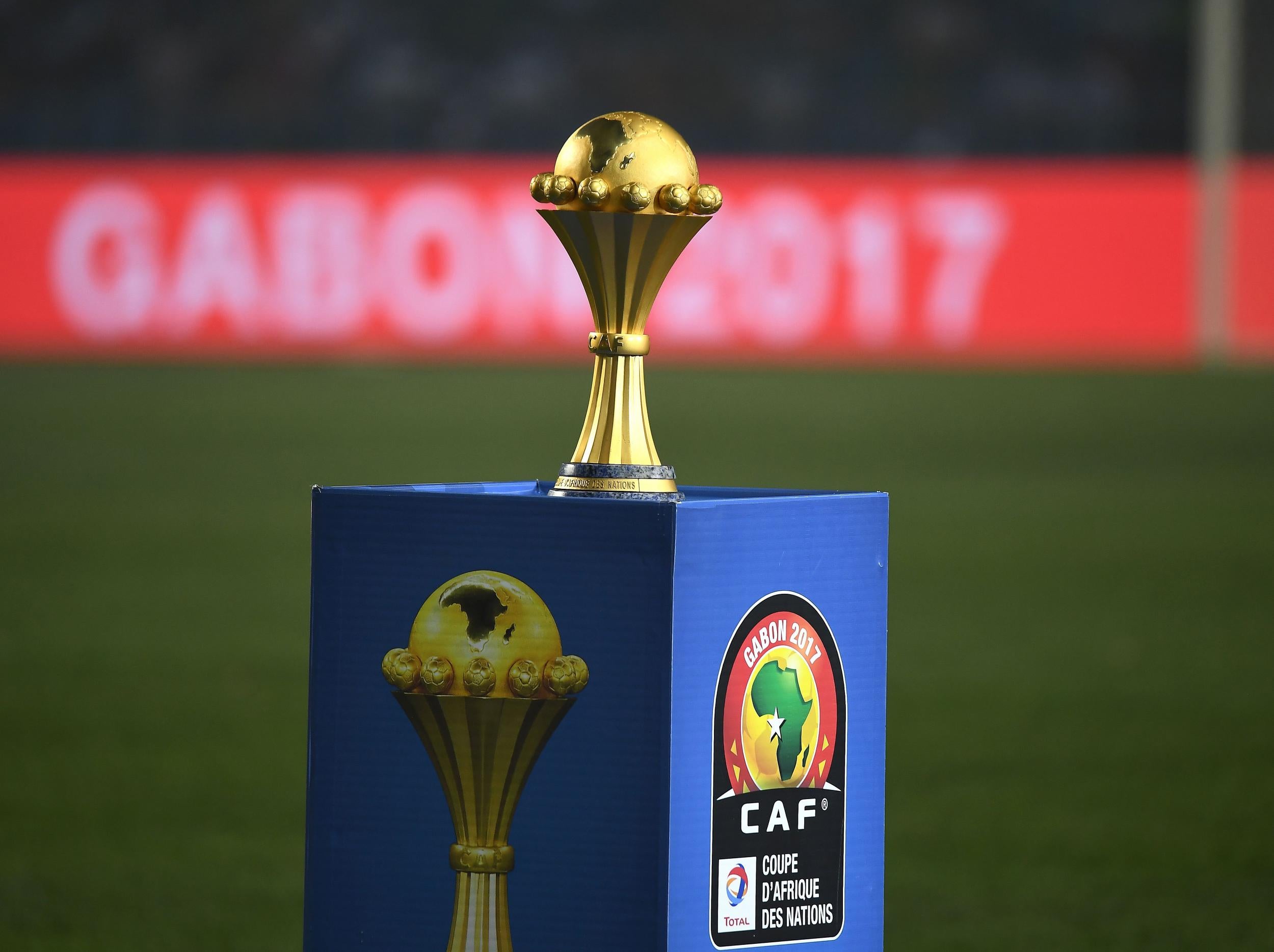African Cup of Nations finally moved away from mid-season and expanded from 16 to 24 teams
The tournament has traditionally been held in January and February, long causing disputes with European clubs who lose their players in the middle of a domestic campaign

Your support helps us to tell the story
From reproductive rights to climate change to Big Tech, The Independent is on the ground when the story is developing. Whether it's investigating the financials of Elon Musk's pro-Trump PAC or producing our latest documentary, 'The A Word', which shines a light on the American women fighting for reproductive rights, we know how important it is to parse out the facts from the messaging.
At such a critical moment in US history, we need reporters on the ground. Your donation allows us to keep sending journalists to speak to both sides of the story.
The Independent is trusted by Americans across the entire political spectrum. And unlike many other quality news outlets, we choose not to lock Americans out of our reporting and analysis with paywalls. We believe quality journalism should be available to everyone, paid for by those who can afford it.
Your support makes all the difference.The Confederation of African Football's executive committee has approved two major changes to the continent's top tournament , expanding it from 16 to 24 teams from 2019 and moving it from the beginning of the year to June-July.
CAF expects the first change to significantly increase revenue from the African Cup of Nations, its flagship tournament, and follows the lead of the European Championship, which expanded to 24 teams last year.
"The more the merrier," CAF executive committee member Amaju Pinnick of Nigeria said this week in support of the expansion. Pinnick, who is also head of the Nigeria Football Federation, estimated that CAF could triple its revenue from the Cup of Nations — and member countries would ultimately benefit.
"It is certainly a bigger cake for everyone," Pinnick said.
Switching the African Cup from its traditional January-February slot to the European offseason will increase the likelihood that Africa's top tournament actually features the continent's best players.
Previously, the African Cup clashed with a crucial period for the European leagues, forcing many African stars to choose between staying with their clubs, their employers, and representing their countries. Many, like seven of Cameroon's leading players at this year's African Cup in Gabon, choose club over country to the detriment of the Cup of Nations.

The proposals for the African Cup were made at a two-day meeting of African soccer's leading figures in Rabat, Morocco, on Tuesday and Wednesday and approved by the confederation's executive committee on Thursday. The changes will now be put to CAF's general assembly in Rabat on Friday to be endorsed by its member countries, CAF president Ahmad said.
There was widespread support for the changes earlier this week and they are expected to be approved.
Two other radical proposals — that the African Cup be hosted outside of Africa and invite non-African teams to play — were ditched by the executive committee after a lukewarm response among delegates at the meetings.
The African Cup will be "exclusively held on African soil with African national teams," CAF said.

Moving the tournament to the European summer months has long been seen as necessary for the Cup of Nations. But the change was resisted for years by CAF under former president Issa Hayatou, who Ahmad beat in an election in March to become head of African soccer. Ahmad, who is from Madagascar and goes by one name, promised a comprehensive review of the Cup of Nations in his election campaign and has made good on that promise four months into his presidency.
One issue to be worked out is how the 2019 African Cup of Nations qualifying competition, which has already started, will be tweaked to allow 24 teams and not 16 teams to qualify.
Also, 2019 host Cameroon has come under pressure for the slow pace of its preparations, and so adding another eight teams to the competition won't help.
Join our commenting forum
Join thought-provoking conversations, follow other Independent readers and see their replies
Comments